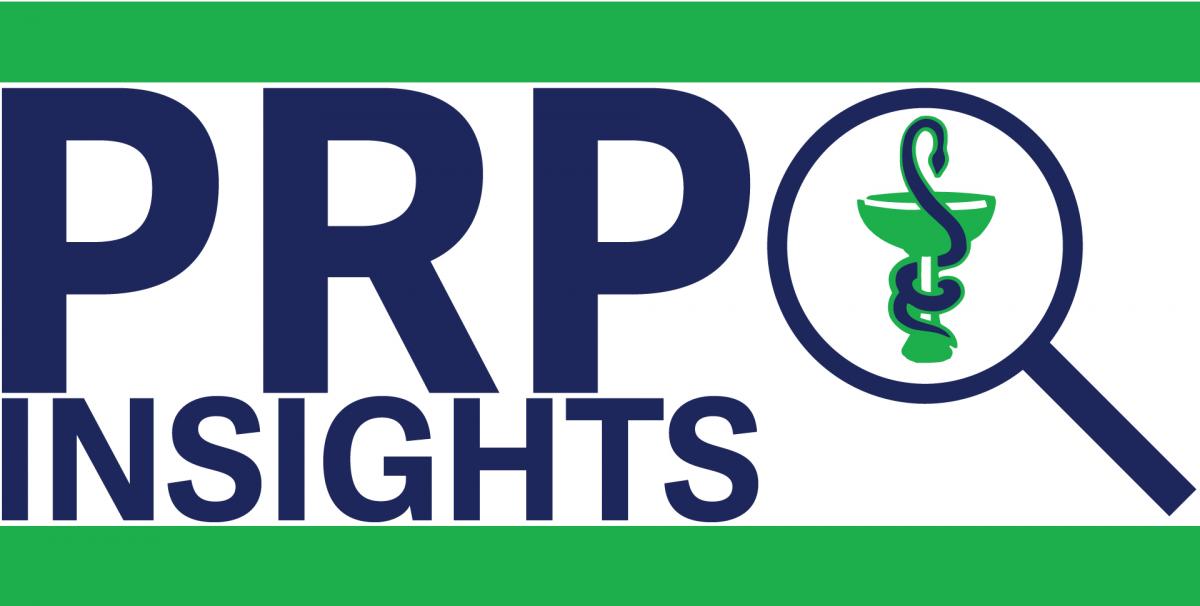PRP INSIGHTS: Areas of Non-Compliance for Pharmacist Prescribing for Minor Ailments and Contraception (PPMAC) Part 2
Pharmacists in BC have been providing minor ailment and contraception prescribing services under PPMAC since June 2023. To ensure compliance with the regulatory standards that enable and govern this practice, Compliance Officers have been reviewing PPMAC services while conducting Community Pharmacy Practice Reviews since October 2023.
To improve compliance and awareness of the standards, a previous article was published that highlighted some early observations of non-compliance under the PPMAC framework. This article is a follow-up installment to share additional examples of non-compliance that have been observed by Compliance Officers.
PRESCRIBING OUT-OF-SCOPE
In our previous article, it was noted that in some instances, pharmacists were prescribing drugs that were outside of the categories listed in Schedule A of the Pharmacists Regulation. Observations included “triptans” for headaches and muscle relaxants for musculoskeletal pain. Additionally, in some cases, pharmacists were diagnosing and prescribing for urinary tract infections (UTIs) when the patient presented with signs and symptoms of a complicated infection.
As a follow-up to those findings, Compliance Officers have also noted some additional cases of prescribing out-of-scope which include:
- Oral antibiotics for conditions other than uncomplicated UTIs
As per Schedule A of the Pharmacists Regulation, pharmacists may only prescribe oral antibiotics for the purpose of treating uncomplicated UTIs, when assessed to be appropriate. Pharmacists must not prescribe oral antibiotics for other conditions, including but not limited to impetigo, acne, insect bites or any other skin conditions. With exception to treating uncomplicated UTIs, if a pharmacist determines that an oral antibiotic is indicated based on a patient’s signs, symptoms and treatment guidelines, the patient must be referred to an appropriate healthcare professional.
- Treatment of musculoskeletal pain
Pharmacists are limited to prescribing NSAIDs for the purposes of treating musculoskeletal pain. In addition to previous observations of pharmacists prescribing muscle relaxants, pharmacists are reminded that it is outside of their scope to prescribe non-NSAID drugs such as colchicine and tramadol. If a patient has been previously diagnosed with a musculoskeletal pain condition and has received treatment with non-NSAIDs, pharmacists may consider providing an emergency supply or renewal for continuity of care, if appropriate, until the patient can follow-up with the appropriate healthcare professional.
- Treatment of allergies/allergic rhinitis
For the treatment of allergic rhinitis, pharmacists are permitted to prescribe intranasal drugs (including antihistamine drugs), ophthalmic drugs (including antihistamine drugs) and oral antihistamine drugs. Prescribing of montelukast, a leukotriene receptor antagonist which is indicated for the treatment of asthma, is outside of a pharmacist’s scope. Montelukast is not an antihistamine nor is it indicated for any of the drug categories listed in Schedule A of the Pharmacists Regulation (i.e. pharmacists are not permitted to diagnose or prescribe for the treatment of asthma).
GENERAL REMINDERS OF PHARMACIST SCOPE FOR PRESCRIBING UNDER PPMAC
Pharmacists can make a diagnosis and prescribe drugs for the conditions listed in Schedule A of the Pharmacists Regulation.
Pharmacists may only prescribe Schedule I drugs for these conditions, if they are in a drug category shown opposite the condition listed in Schedule A of the Pharmacists Regulation. A patient’s prior history of use with a particular drug therapy does not permit pharmacists to prescribe outside of these categories.
|
Pharmacists Regulation SCHEDULE A
|
A pharmacist may only make a diagnosis or prescribe for these conditions if the patient’s signs and symptoms indicate that the condition:
- Presents a low risk of masking an underlying disease, disorder or condition;
- Can be readily diagnosed without the need for laboratory or imaging tests; and
- Can be reasonably expected to resolve with only short-term or episodic treatment.
For the purposes of contraception or emergency contraception, pharmacists may prescribe a Schedule I drug.
To learn more about the Practice Review Program, including how to prepare for your review, visit:
bcpharmacists.org/prp
 Share
Share



